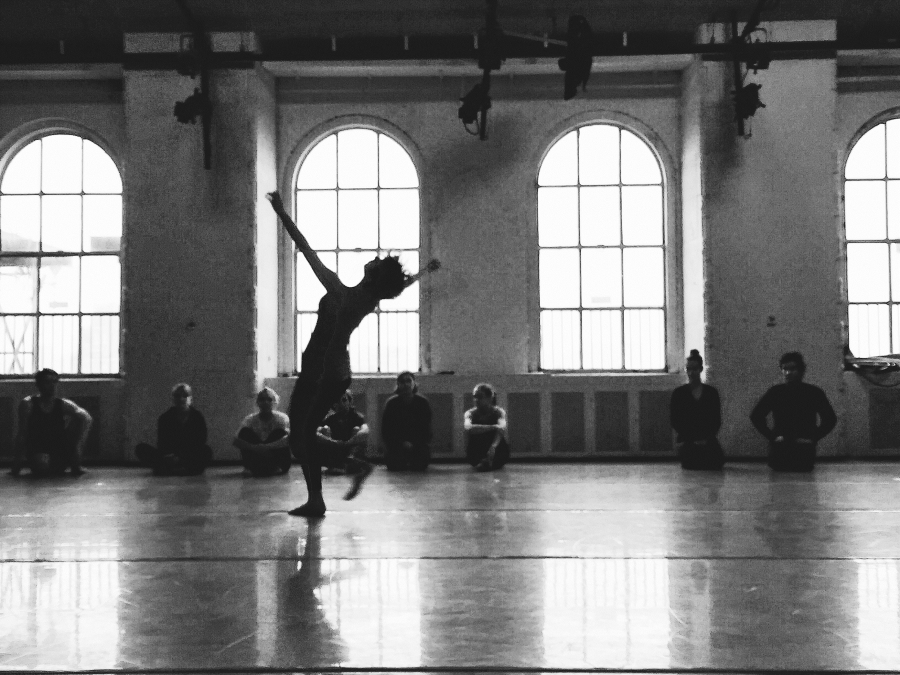Back to School After a Year of Hard Lessons
Students and faculty reflect on returning to in-person education in acting, playwriting, tech, and more at some of the nation’s college theatre programs.

In most of the U.S., in-person theatre was shut down for more than a year by the COVID-19 pandemic, and much in-person school was as well. For institutions that teach performance, this twin lockdown was a double whammy: Not only couldn’t students gather in person to dance, sing, act, direct, or build sets, they largely weren’t able gather in person in the confines of a studio or classroom or lab to learn these arts under the guidance of teachers and peers. Yes, workarounds were found and virtual innovations abounded, some of them mere ad hoc improvisations, others with durable benefits that will outlast the pandemic.
But now that colleges and conservatories are back to in-person and hybrid instruction, there’s a palpable sense of return and relief—even as COVID-19 has not abated, and even as larger questions about the structural inequities of the theatre and of the larger culture persist. Indeed, in the ambitious package of stories about theatre training we share today, you’ll see that while most folks are eager to get back in the room, the passions and concerns, even the very selves, they bring with them are not the same passions and concerns and selves they left with in March 2020.
In short, there has been a lot of learning over the past year outside the classroom. And the task ahead, not only for theatre training but for life in general, is to carry the lessons of 2020 and 2021 with us into our next chapter. The curtain has risen; in fact it never went down.
Rob Weinert-Kendt (he/him), editor-in-chief
Students and faculty reflect on returning to in-person education in acting, playwriting, tech, and more at some of the nation’s college theatre programs.
As theatres begin to emerge from pandemic restrictions, many are recommitting to programs designed to engage their youngest stakeholders.
The case against the ‘standard’ dialect, and for more inclusive and practical speech training, is an important part of the larger struggle against elitism, classism, and white supremacy in the theatre.
In their new book, Nicole Hodges Persley and Monica White Ndounou offer a practical guide through the audition process for actors of the global majority.
The Neighborhood Playhouse’s Pamela Kareman and Stella Adler Studio’s Tom Oppenheim talk about the legacies of their founders and the future of acting training.
What do costumes look like, and mean, without a story? With the pandemic limiting access to actors, six Northwestern MFA costume candidates were asked by professors Ana Kuzmanic and Linda Roethke to explore this question.
The work of writers like Jackie Sibblies Drury, Annie Baker, and Branden Jacobs-Jenkins is riveting in the theatre, but the rewards of close reading shouldn’t be ignored.
This installment features theatre artists from around the country whose focus is on educating the next generation of theatremakers.